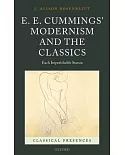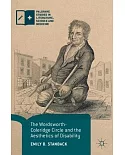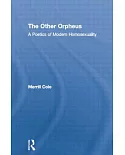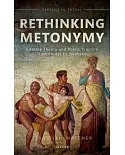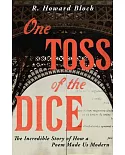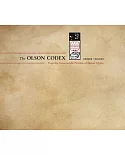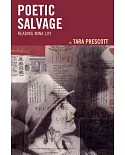In 1966, with the support of Andre Breton, the first indigenous Surrealist Group in the US was organized in Chicago. From there, it spread. This book is a compendium of collective declarations
- texts in which surrealists as a group have intervened in particular political or cultural affairs and controversies. The 100-plus tracts, leaflets and other writings collected here document
the first tumultuous decade of organized surrealism in this country. In the Introduction, three surrealist militants sketch the origins and development of the Surrealist Movement in the US and
outline the specific features of 'Chicago Idea' surrealism: revolt and revolution against Capital and State, poetry as revolutionary praxis, psychoanalysis as a subversive activity, love and
sexual insurrection, the struggle against miserabilism, the exaltation of play, the necessity of laziness, the creation of free territories of the imagination, defense of the Marvelous against
religion, the abolition of whiteness, undermining patriarchy, the importance of recalcitrant undercurrents in popular culture, the special glory of Black music, the dialectic of dialectic,
alchemy by any means necessary, the emancipation of wilderness, and humor, the pivot of surrealism's revolutionary project today. Surrealist solutions, the editors argue, are not only still
viable, but are more urgent than ever. "What remains for surrealism to do far exceeds what surrealism has done."





